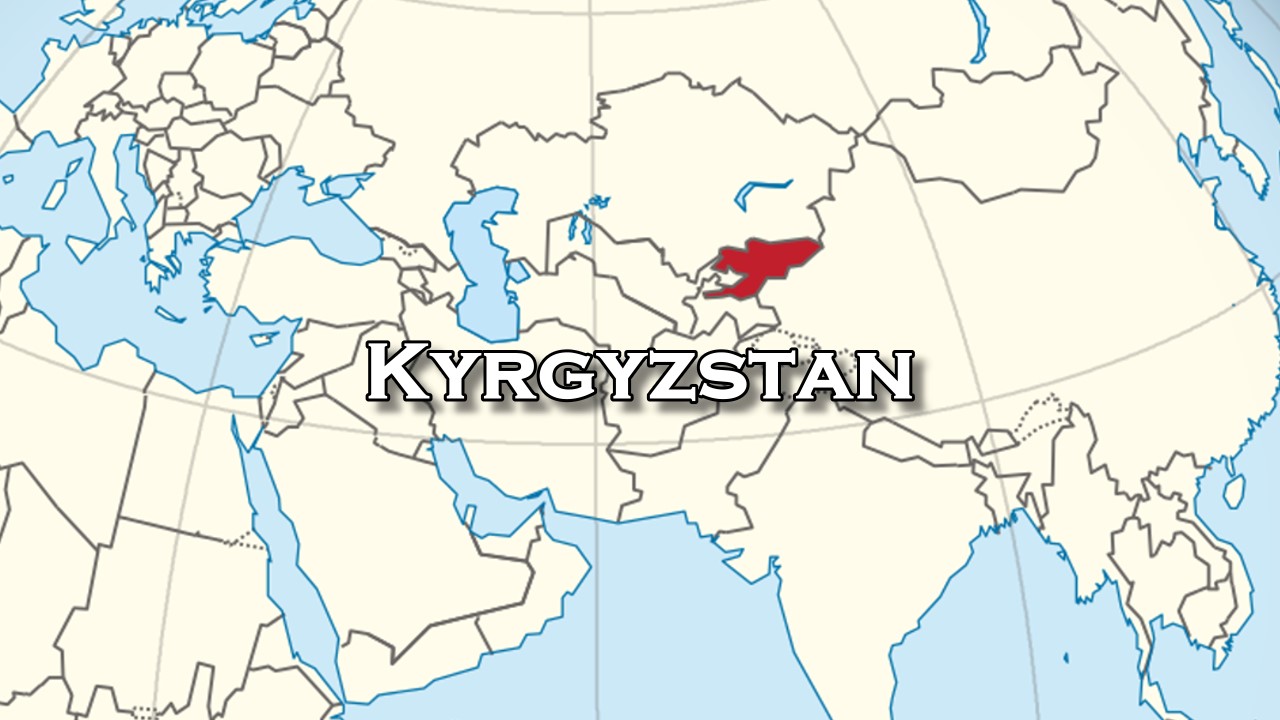By Stefan J. Bos, Chief International Correspondent Worthy News
BISHKEK (Worthy News) - Minority Christians in Kyrgyzstan fear measures limiting their worship possibilities may be forthcoming despite legislators opposing more restrictive religious legislation.
“On June 6th, the Kyrgyz parliament rejected the bill. However, as supporters of the legislation are presently working on other amendments that will be introduced to parliament, any reprieve may be short-lived,” warned Christian advocacy group Voice Of the Martyrs Canada (VOMC) in a statement to Worthy News.
In October last year, a bill that critics said would put “significant restrictions” on religious organizations in Kyrgyzstan passed its first reading before being rejected several weeks ago.
Human rights experts said the legislation's vague wording “could potentially be subjected to abuse,” adding more pressure on devoted Christians and groups.
Already, the 2009 Religion Law “includes a ban on proselytism and the distribution of religious literature,” VOMC noted.
“Religious groups must re-register for legal status, and churches must now include more than 200 adult Kyrgyz citizens. Previously, only ten were required. Officials in Kyrgyzstan have said they will close churches to pacify the Muslim majority.”
Christians also expressed concerns about strict new requirements for financial reporting.
FOREIGN FUNDING
On April 2, Kyrgyzstan’s President Sadyr Japarov signed a bill on foreign funding for non-governmental organizations (NGOs) into law that critics say resembles similar legislation in Russia.
NGOs that receive funding from abroad will be registered as “foreign representatives,” and they will be subject to costly reporting and auditing requirements.
“Pray that the governing leaders of this Central Asian nation will be guided by a desire to provide fairness and justice to all residing citizens,” VOMC wrote in a prayer alert to its supporters.
“In addition, ask the Lord to spiritually guide, empower, and equip the country's church leaders as they encourage and train congregation members to be faithful "servants of Christ" in the midst of hostility,” the group added.
Kyrgyzstan, which became independent in 1991, is one of the poorest countries of the former Soviet Union, according to experts.
The government is threatened by social and political instability, with protests by various groups a daily occurrence in the nation of 6 million people.
“Northerners influenced by Russian culture practice Russian Orthodoxy, while the more traditionally Kyrgyz southerners practice mostly Sunni Islam,” VOMC said in a recent assessment.
CONVERTING DIFFICULT
“The constitution guarantees religious freedom, but converting to Christianity is seen as a betrayal of both ethnic identity and family. There is a growing interest in Islam, and tensions are increasing between the Uzbek and Kyrgyz ethnicities over land and housing.”
Christians comprise some 7 percent of the nation’s mainly Muslim population, according to the U.S. Central Intelligence Agency (CIA).
Religious and social tensions have added to the busy political agenda of Sadyr Japarov, who won a landslide victory in the January 2021 presidential election. He also acquired sweeping new powers after voters amended the constitution in a referendum.
Japarov effectively ran the country after President Sooronbay Jeenbekov was ousted in a popular revolt in October 2020 over rigged parliamentary elections.
Japarov spent four years in exile during the rule of President Almazbek Atambayev and his successor and ally Mr Jeenbekov and was imprisoned for taking a rival politician hostage until his supporters freed him.
While he pledged to prioritize tackling corruption and maintaining close relations with Russia, Christians hope he will also increase freedom of worship.

